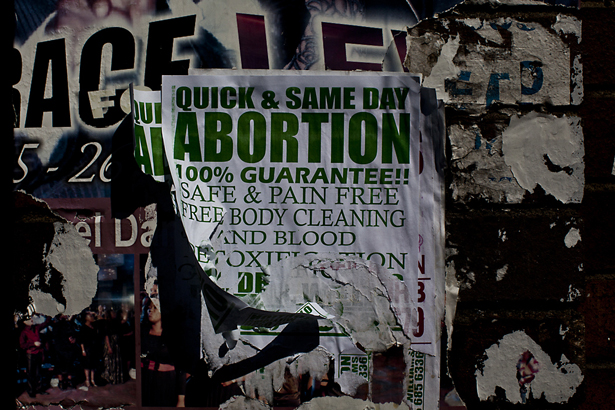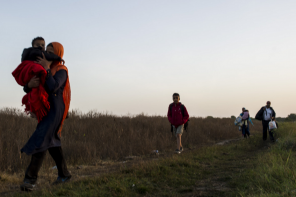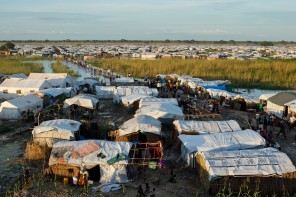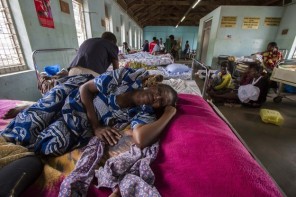Seventeen years ago, as apartheid came to an end and a democratically elected government took power, South Africa seemed ready to become an abortion rights pioneer. In 1996, the post-apartheid legislature passed the first law in sub-Saharan Africa legalizing abortion without restriction in the first trimester, and with a doctor’s approval thereafter. The new rules allowed women to walk into a public hospital or clinic, confirm their pregnancy and gestation period, and receive a free abortion if they were fewer than thirteen weeks along in their pregnancy. Simple and straightforward, the law is “probably the most progressive [abortion] law in the world,” says Jane Harries, director of the Women’s Health Research Unit at the University of Cape Town. But sixteen years on, the promise of access, no matter how liberal, “doesn’t necessarily translate into services that are available.” In today’s South Africa, it is often faster and easier to get an illegal abortion than a legal one.
Read Full Article Off-SiteIn South Africa, a Liberal Abortion Law Doesn’t Guarantee Access




